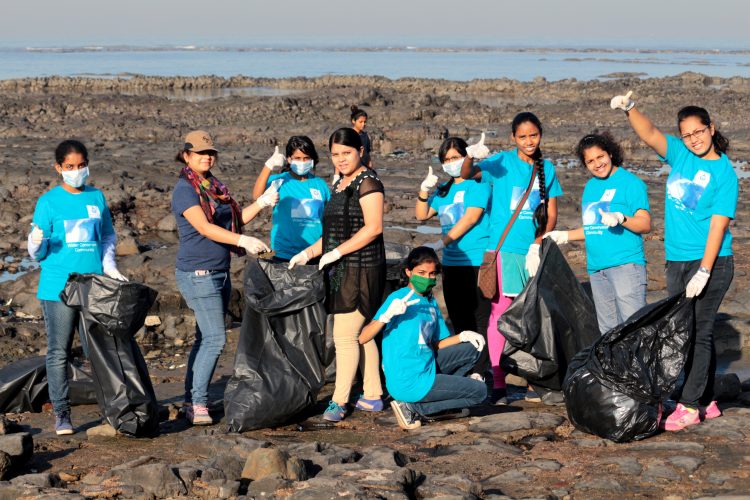The reason experts and many moms advocate for breastfeeding is that breast milk has specific sugars, fats, and proteins that donât exist in formula, says Annemarie Stroustrup, M.D., M.P.H., associate professor in the Division of Newborn Medicine and the Department of Pediatrics at Mount Sinaiâs Icahn School of Medicine.
During the first few days after birth, breast milk is particularly packed with protein, fat-soluble vitamins, minerals and immunoglobulins (antibodies that provide passive immunity to the baby from mom), according to the American Pregnancy Association. This is called âcolostrum.â (After the first few days, the nutrient content of breast milk changesâmeaning if a baby has trouble breastfeeding at first, they may miss out on the vital nutrients provided by the colostrum.)
However, itâs not uncommon for first-time moms to have trouble breastfeedingâespecially at first. âDifficulties can arise in the early days after birth when breastfeeding is being established,â says Stroustrup. âDuring this time, a mother may not make much milk (and may not know how much milk she is making), and a baby may not feed in an efficient and coordinated fashion.â
When this happens, like in Johnsonâs case, babies can suffer from dehydration, which can cause severe brain damage and even death. âThe dangers of poor feeding resulting in newborn dehydration are real,â says Stroustrup.
However, Stroustrup says there are signs new parents can look out for. âAt home, after the baby is 24 hours old, a well-hydrated newborn will make a wet diaper every three hours,â she says. âAlthough having one dry diaper in a day is common, not dangerous, and not cause for alarm, a newborn who has not made a wet diaper in many hours deserves further evaluation.â
Johnson is speaking out with her heartbreaking story to help address the stigma around bottle-feeding newborns.
âI just want people to educate themselves so they donât make the same mistake I did,â Johnson told in an interview. âI couldnât sit by any more and have another mom feel what I feel every day. I donât want any parent to have this hole in their heart. Nothing can fill it.â
The bottom line, breast may be better when possible, but a well-fed and nourished baby is bestâeven if that means using formula. âFormula is certainly a good food choice for a baby where breast milk is not available, be it from inadequate supply, maternal medical limitations to breast feeding, family choice, or medical condition of the baby where a specific formula is recommended,â says Stroustrup.







